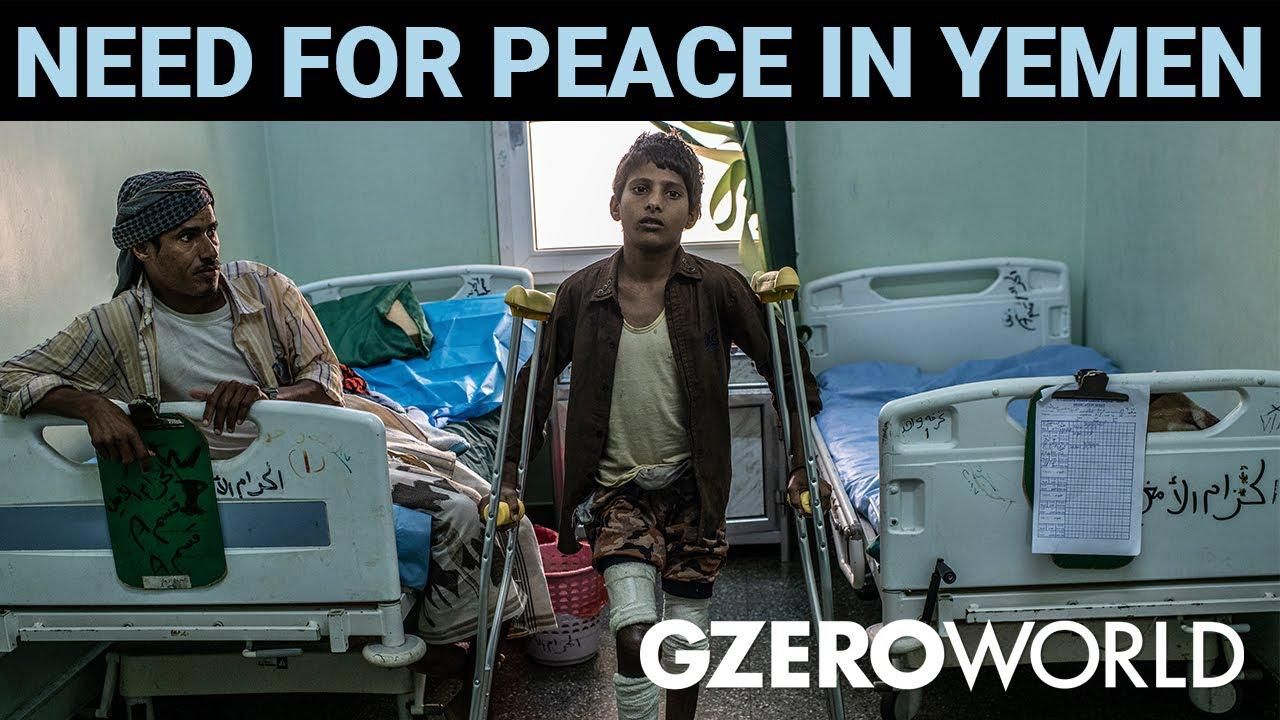
In Yemen, the world’s biggest humanitarian crisis you’ve probably never heard of, 80 percent of people need international aid just to survive. Two-thirds are hungry, and half don’t know where their next meal will come from.
Life is very hard in Yemen, UN Resident Coordinator David Gressly tells Ian Bremmer. Most infrastructure is destroyed, few can access clean water or health care, and many Yemenis are afraid to go outside because of landmines.
Meanwhile, 1.2 million civil servants continue to show up to work, with little or no pay. If they stayed home, the state would cease to exist.
The UN is asking for $3.6 billion simply to feed Yemenis and keep the lights on through 2022, but is now short $1.6 billion. Gressly says that means many Yemenis will go hungry next year.
Regional powers Iran and Saudi Arabia have turned Yemen into a seven-year proxy war, with civilians paying the price. The country is divided between the Houthis, an Iran-backed Shia militant group, and the internationally recognized government with Saudi Arabia on its side.
It’s unlikely the conflict will end anytime soon. The Biden administration has delisted the Houthis as a terrorist organization and stopped selling weapons to the Saudis. Gressly thinks that’s a step in the right direction, but not enough.
Meanwhile, in New York City: Yemeni coffee! Did you know that war-torn Yemen still produces one of the tastiest coffees in the world? It’s hard to get the beans now, but Diwan Café in Brooklyn has found a way.
- Is the US Misjudging the Middle East's Power Shifts? - GZERO Media ›
- What We're Watching: India-Pakistan talk water, Saudis float Yemen ... ›
- What We're Watching: Yemen's aid struggles, North Korean antics ... ›
- What We're Watching: Biden's move in Yemen, Twitter's reversal in ... ›
- Building a post-war economy in Yemen - GZERO Media ›
- The war in Yemen - GZERO Media ›